Consider the state of singlehood: Lots of health research indicates that people who live alone have higher health risks and are generally unhappier. Not so, according to Bella DePaulo, author of a new book, Single At Heart. DePaulo is a 70-year old psychologist, who in addition to being single all her life, has also studied the state of being single from a professional standpoint and she is adamant that there are multiple myths about her chosen way of living.

“I could be living at a time or in a place where the prospects for staying single for life would have been much more daunting. Maybe it would have been nearly impossible for me to support myself financially without a spouse. Maybe attitudes toward single people would have been even more disparaging than they are now. That would have been a profound loss. For people like me who are single at heart, the risk is not what we’ll miss if we do not organize our lives around a romantic partner, but what we’ll miss if we do. We would miss the opportunity to live our most meaningful, fulfilling and psychologically rich lives by living someone else’s version of a good life instead of our own. We would not get to be who we really are.”
Bella DePaulo
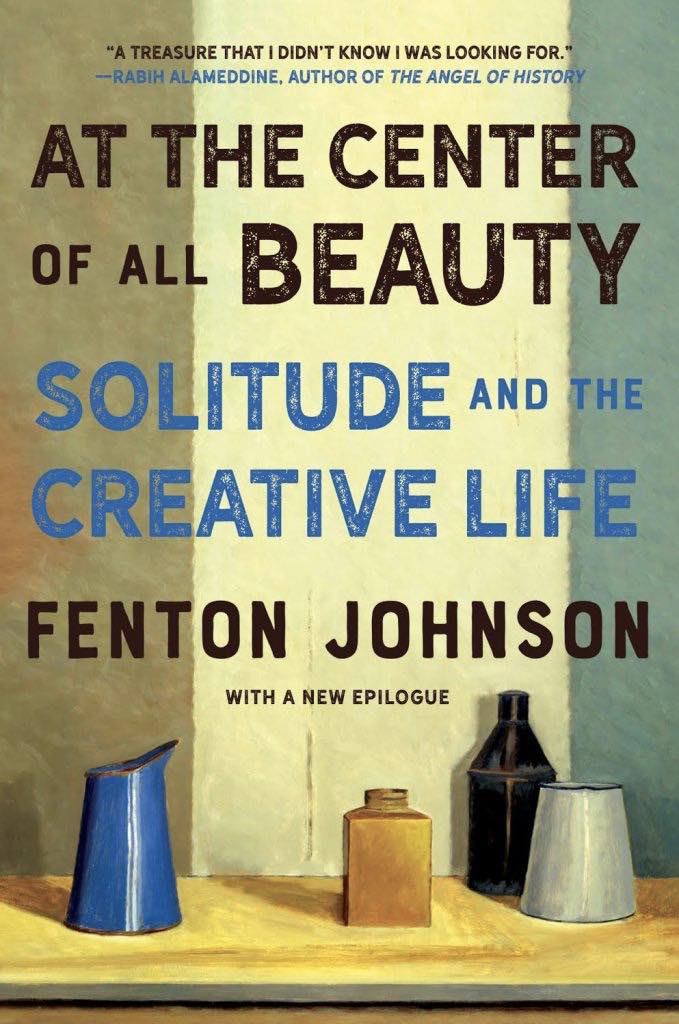
Joining the conversation will be Fenton Johnson, who has written extensively about the state of marriage and the state of solitude. He’s author of three novels and four works of creative nonfiction, most recently At the Center of All Beauty: Solitude and the Creative Life, a New York Times Editors’ Pick.



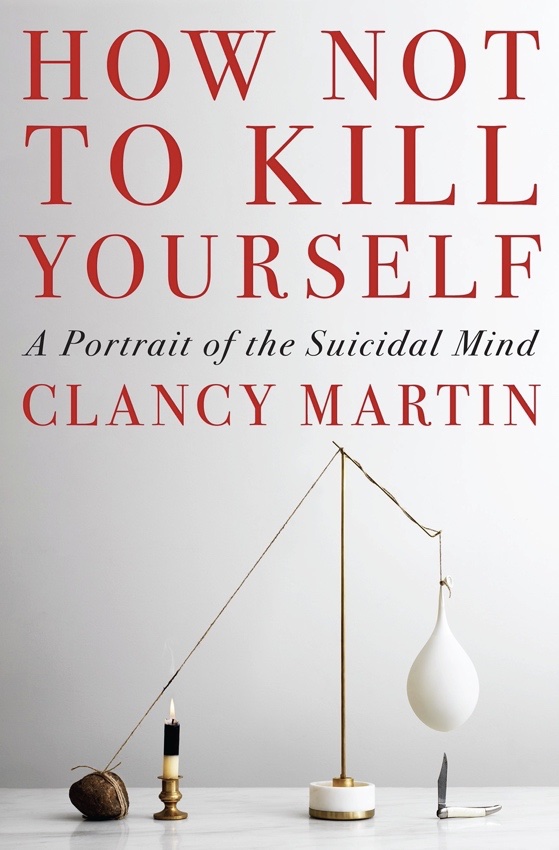
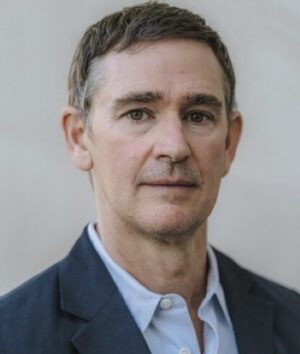
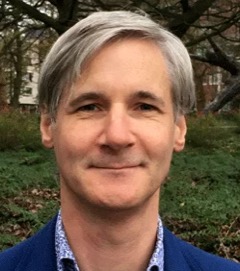
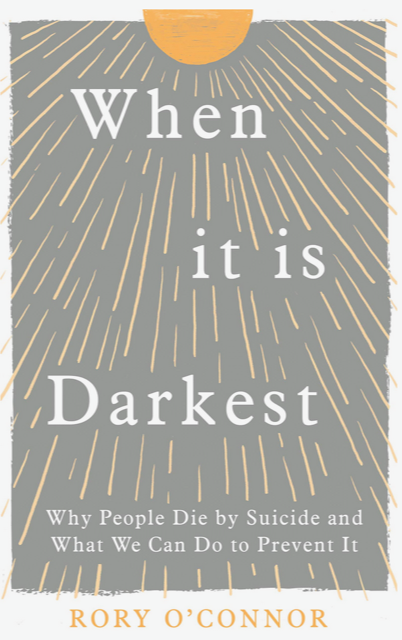

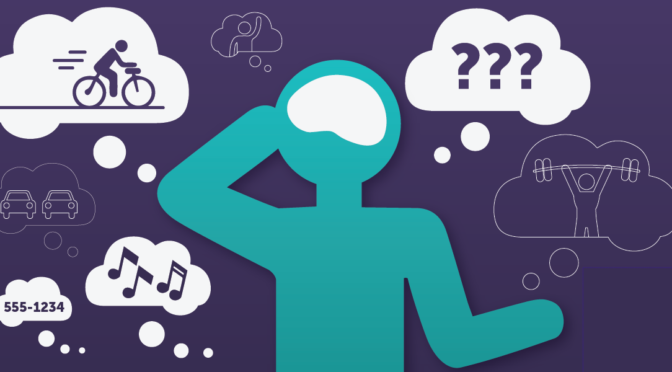
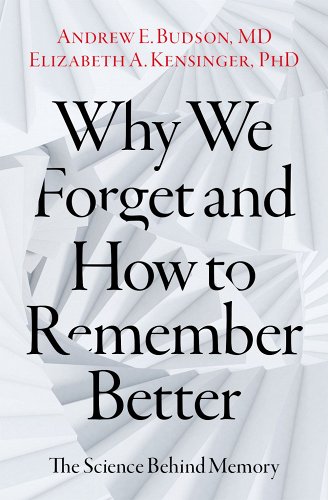
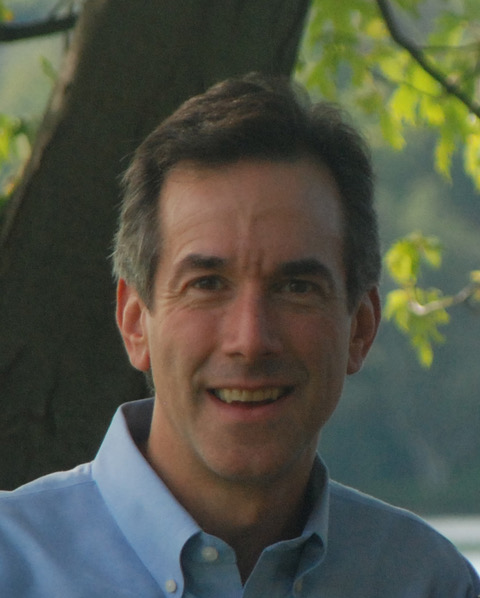
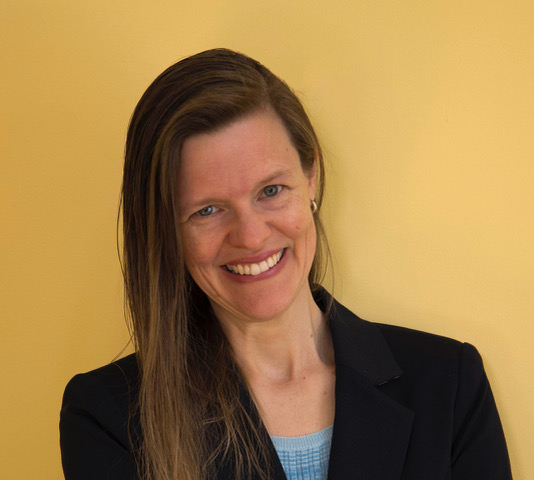

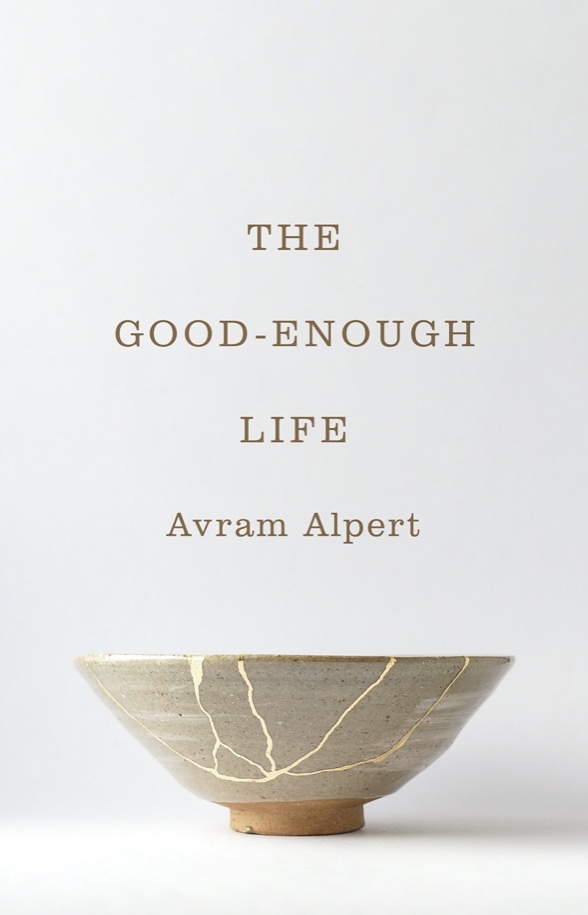
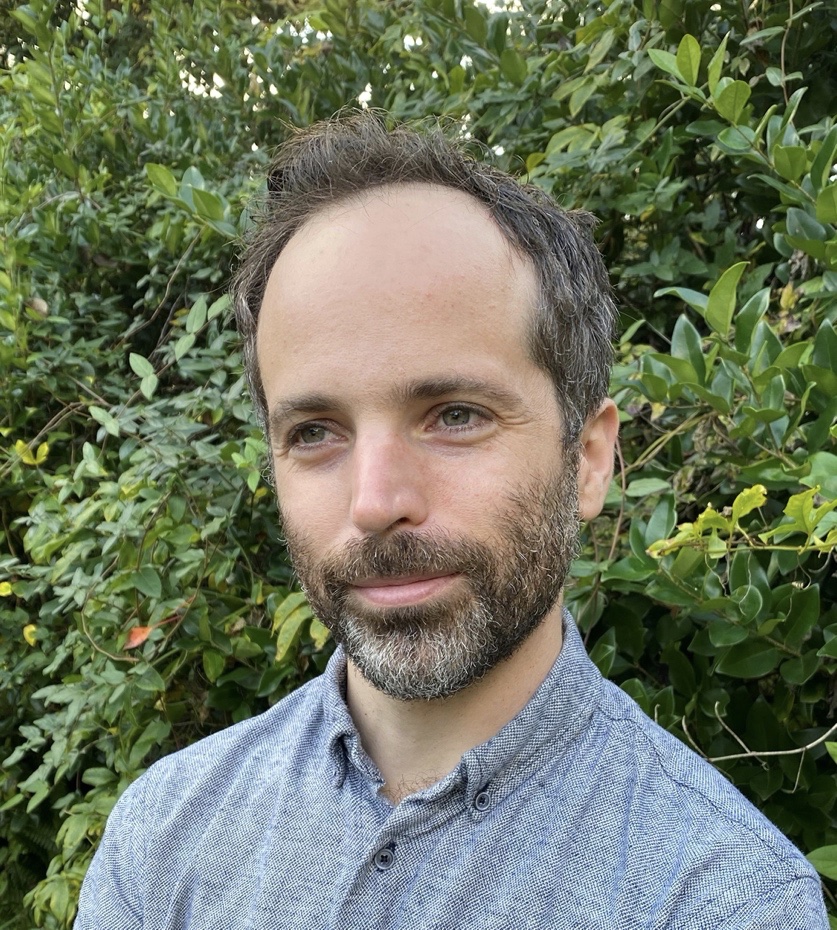
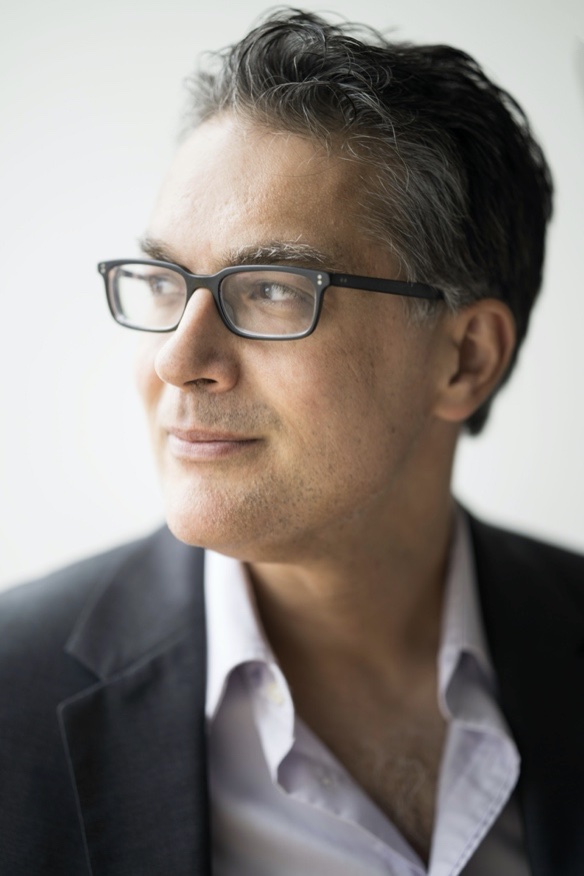
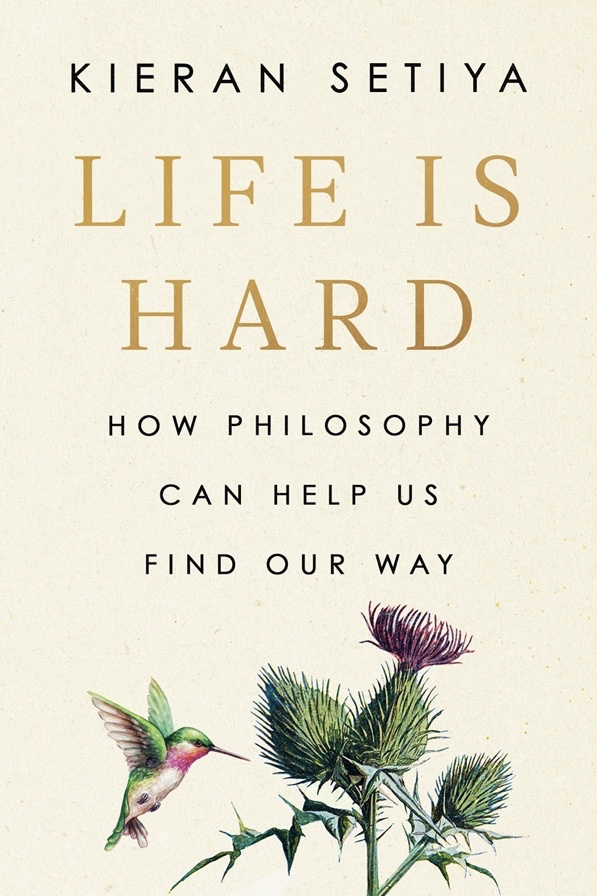

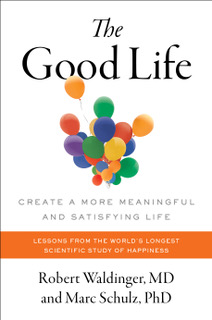
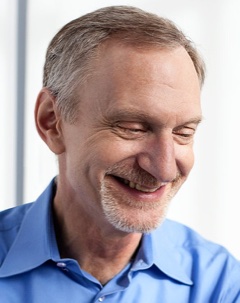
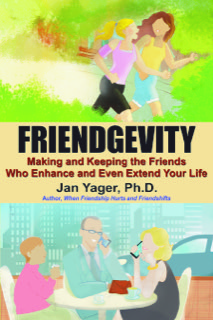
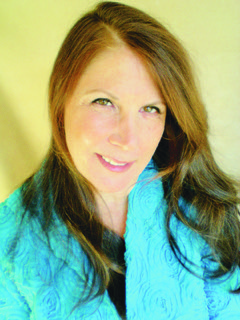
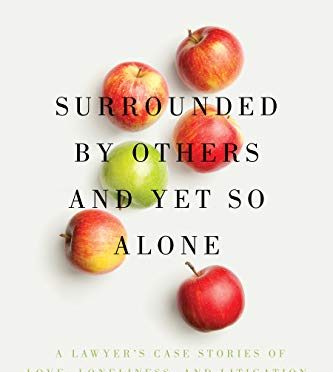

 Psychiatrists Steven Southwick of Yale and Dennis Charney of Mount Sinai tell the stories of POWs, 9/11 survivors, and ordinary people with debilitating diseases or grievous personal losses.
Psychiatrists Steven Southwick of Yale and Dennis Charney of Mount Sinai tell the stories of POWs, 9/11 survivors, and ordinary people with debilitating diseases or grievous personal losses.